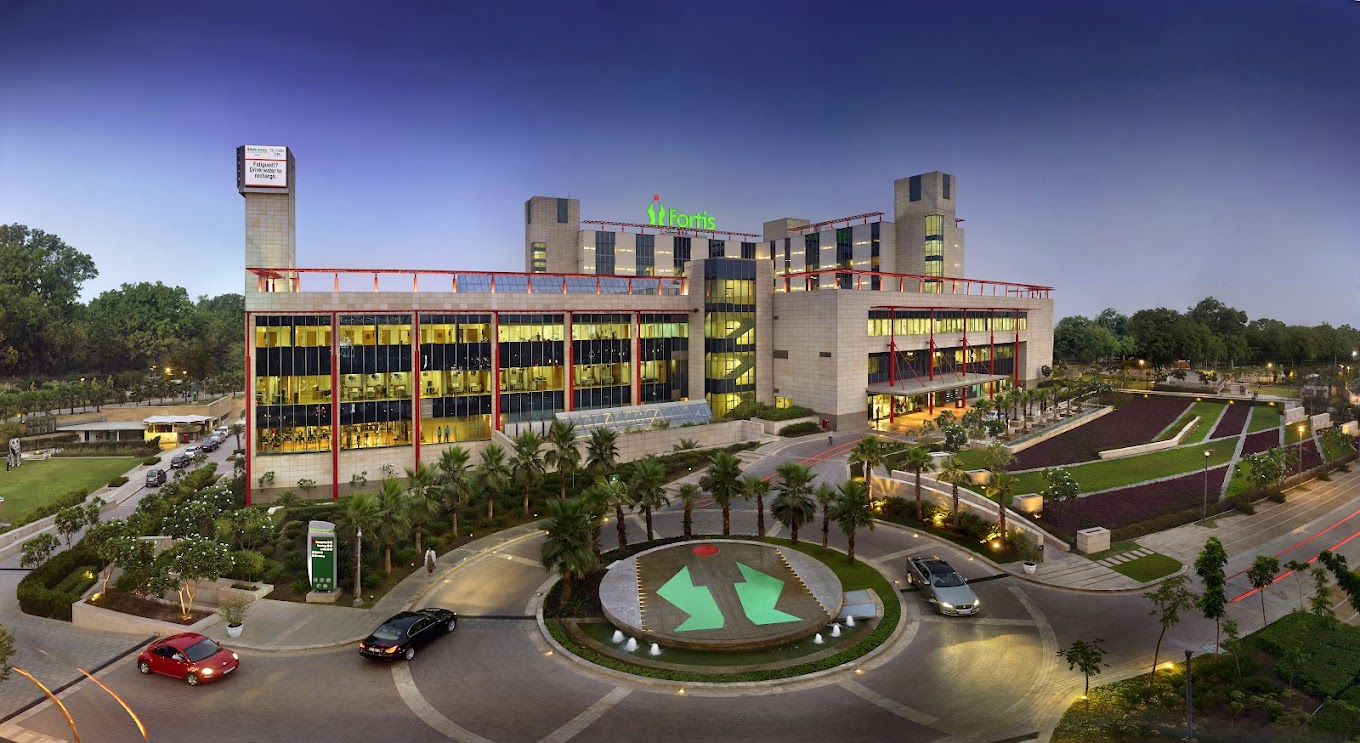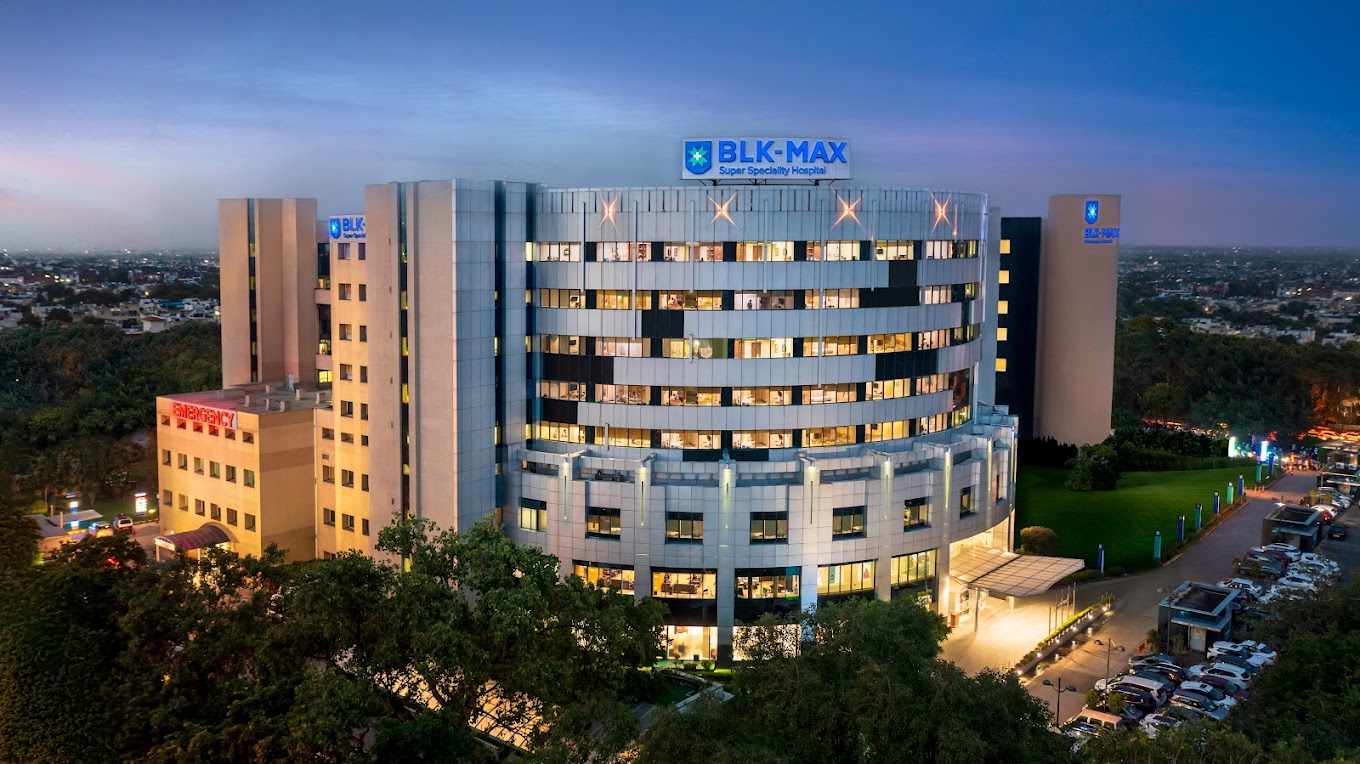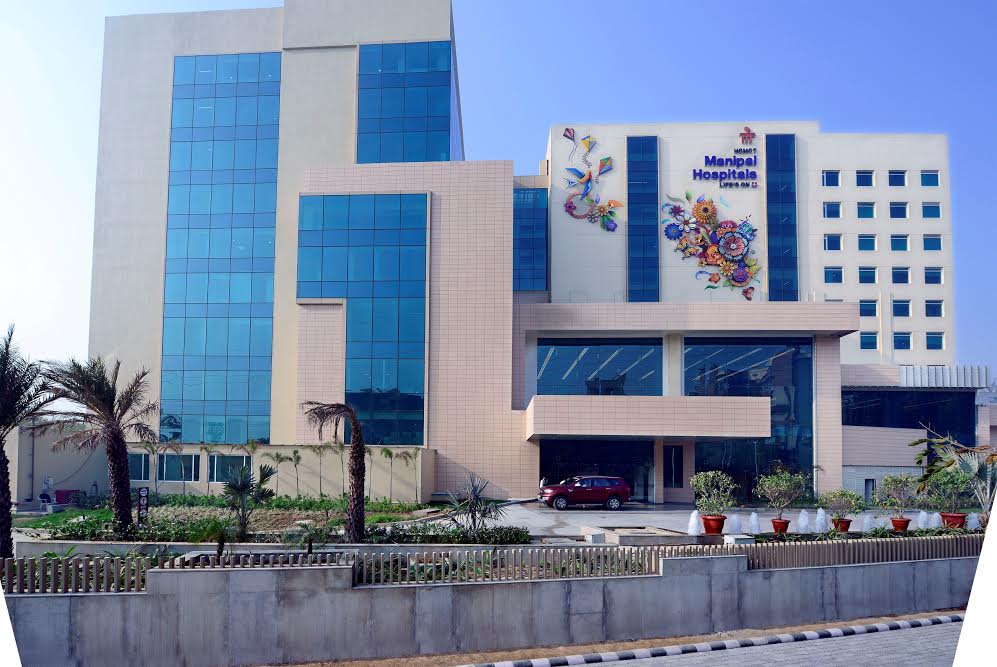Treatments
Kidney Transplant Surgery-Type,Cost,Procedure
A kidney transplant is a surgical procedure that replaces a failing or damaged kidney with a healthy donor kidney, often recommended for individuals with end-stage kidney disease (ESKD) or chronic kidney failure. This restores normal kidney function, eliminating the need for dialysis and greatly improving the patient’s quality of life. In India, the procedure typically costs between $10,500 and $15,000.
Kidney Transplant Surgery cost in India
Minimum Cost
$10500
Maximum Cost
$15000
Hospital Stays
13 Days
Transparent Pricing for Better Healing.
We believe that great care starts with trust. That’s why we ensure complete transparency in our treatment pricing—no surprises, no hidden fees, just honest and clear costs for the care you deserve.
| Type of Kidney Transplant | Treatment Cost In USD |
| A pre-emptive kidney transplant replaces a failing kidney before dialysis begins, improving outcomes, eliminating dialysis needs, and enhancing long-term health and quality of life for renal failure patients. | 10500 |
| A therapeutic kidney transplant addresses kidney failure and complications like polycystic kidney disease, cancer, or infections. It may include additional surgeries, improving health, quality of life, and long-term outcomes for complex cases. | 13000 |
A robotic kidney transplant uses robotic-assisted technology for precise, minimally invasive donor kidney implantation. Benefits include smaller incisions, less pain, faster recovery, and fewer complications, making it ideal for obese or medically complex patients. | 15000 |

Dr. SN Mehta
.

Dr.Anil Mandhani

Dr. HS Bhatiyal

Dr. Suman Lata
Hospital for Kidney Transplant in India

Indraprastha Apollo Hospital

Fortis Memorial Research Institute

BLK Max Superspeciality Hospital

Manipal Hospital
Get a free cost estimate
Frequently Asked Questions(FAQs)
The kidney transplant cost package includes pre-procedure studies, pre-transplant check-ups (if needed), surgeon and operating room costs, anaesthesia, anti-rejection drugs, donor testing, and stent removal. Patient (12 days) and donor (5 days) hospital stays are included. Additionally, lab tests following surgery, complications, blood products, consumables, and expenses for additional consultants if needed are excluded.
When carried out at a respectable medical facility by a skilled transplant team, kidney transplantation is regarded as a safe and efficient treatment for end-stage kidney disease.
Several factors contribute to India’s popularity as a kidney transplant destination:
1. Highly Skilled Medical Professionals: India has a vast pool of experienced Nephrologist, Renal surgeons, and transplant experts trained at world-class medical institutes.
2. Advanced Facilities: Leading Indian hospitals use cutting-edge technology to ensure precise procedures and excellent post-operative care.
3. Affordable Treatment: When compared to other nations, kidney transplant surgeries in India are more affordable, providing high-quality care at a lower cost.
4. Internationally accredited hospitals: Many Indian hospitals are internationally accredited, indicating that they satisfy worldwide standards for patient care and safety.
5. Comprehensive Services: From pre-surgery examinations to post-transplant care, including immunosuppressive medicine and follow-ups, India provides comprehensive services for heart transplant recipients.
6. Shorter Wait Times: India has a large supply of donor hearts and a strong organ transplant infrastructure, which reduces the wait period for heart transplants.
7. Multilingual and Multicultural Environment: International patients are comfortable with English-speaking healthcare providers and culturally sensitive treatments.
These qualities make India a popular destination for high-quality, low-cost heart transplant surgeries.
About 85–90% of patients who have a heart transplant survive the first year following surgery, indicating a high success rate. If patients adhere to appropriate medical care, routine check-ups, and immunosuppressive medicine to prevent rejection, long-term results are also encouraging, with many patients living for ten years or longer following the procedure.
Heart transplant recuperation takes 3 to 6 months. Patients spend 2-3 weeks in the hospital for monitoring and rehabilitation. At home, stringent medication, regular check-ups, and diagnostics such as biopsies are required. Most people can resume normal activities within three months, with full recovery taking six months, thanks to a healthy lifestyle and medical adherence.
